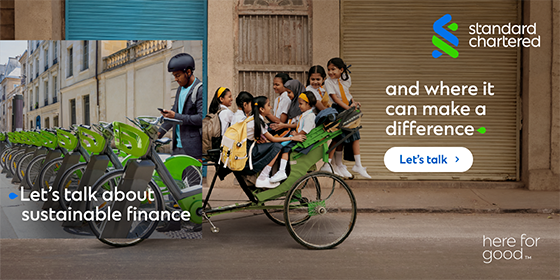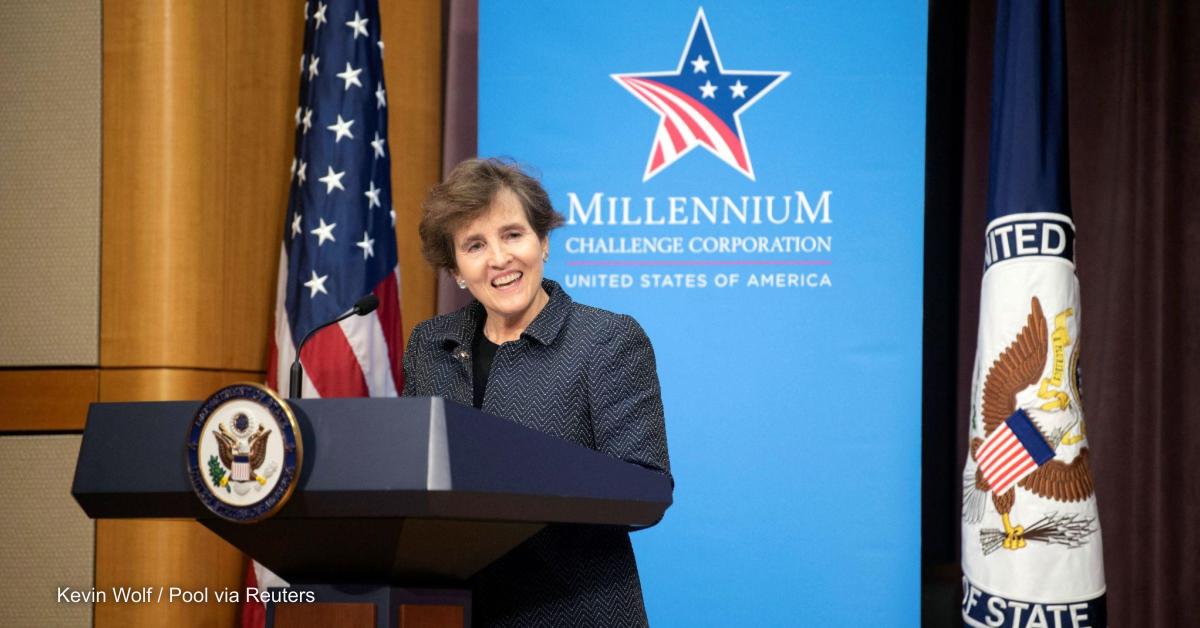|
The EU's 'impractical' Green Deal, and philanthropy's next frontier.
|
|
|
|
When 150 performance indicators are streamlined down to 22, we get excited.
That’s what the World Bank Group has done under its new global results scorecard, which for the first time uses the same metrics across all of the bank’s institutions to see how its programs improved people’s lives. So how did it do? As my colleague Adva Saldinger reports, the revamp is part of the bank’s broader reform efforts and is meant to represent a shift from a focus on inputs to outcomes. Not all of the indicators are new, and not all of the results are online yet. The second batch and the corresponding data will be released at the bank’s annual meetings in October, along with a more robust website. For now observers are reserving judgment. As Kate Donald, the head of Oxfam International’s Washington, D.C. office, tells Adva: “We’re now trying to push them to actually say how is this going to change the way you do things.” Exclusive: The World Bank releases first set of scorecard indicators and data Background reading: Everything you need to know about the World Bank's reform plans |
|
A message from Standard Chartered

Bridging the sustainable development financing gap in emerging markets $2.5 trillion-$3 trillion in new investment will be required annually by 2030 to achieve the SDGs in emerging economies. But how are we to mobilize private investment amid concerns about emerging market risk? Blended finance, where concessional capital is used to mobilize private sector investment, has a vital role to play. |
|
Green envie
The European Union’s Green Deal, approved in 2020, is the bloc’s signature policy to achieve net-zero greenhouse gas emissions by 2050. But there’s increasing alarm about what that will mean for the bloc’s relations with the rest of the world.
We’ve written before about the carbon border adjustment mechanism, or CBAM, designed to tax carbon-intensive exports to Europe, which many fear will be disastrous for low-income countries. Now, the EDFI Association, representing the private finance arms of 15 European governments, has opened another front, arguing publicly that the EU’s sustainable finance regulations (designed to ensure investments are environmentally friendly) would backfire if applied in the low- and middle-income countries where its DFIs work, as my colleague Rob Merrick reports. Projects outside Europe are excluded when determining investors’ green asset ratio, for instance, and EDFI argues it will be prohibitively difficult to meet the reporting requirements on things like biodiversity, water, waste and social rights. The potential result? A slowdown in investment and even a decline in environmental and other standards, EDFI argues, because “Europe’s influence on standards evolution in developing countries will also wane.” The association wants the European Commission to instead recognize existing standards used by the likes of the International Finance Corporation and by multilateral development banks, as well as national green taxonomies in countries like Rwanda and Kenya. The commission did not respond to a request for comment on EDFI’s concerns. But it knows it has a problem. A leaked briefing book, obtained by Politico, from the EU civil service to this year’s incoming crop of political leaders, stated that the next commission needs to “better factor in the external impact of our internal policies, through proactive engagement with partners, through ex ante impact assessments, and support measure to prevent negative spill-over effects on trade and investment … It will notably need to better handle the external impact of the Green Deal.” Read: DFIs warn 'impractical' EU Green Deal rules will harm global south Related: How to read Europe’s future development vision |
|
Philanthropy’s next frontier: Central Asia
When the Soviet Union collapsed, philanthropy in Kazakhstan was “neither understood nor trusted,” Marat Aitmagambetov, director of the Bulat Utemuratov Foundation, writes in a recent opinion piece for Devex. But this is slowly changing.
Kazakhstan has seen the number of registered NGOs grow from 5,000 around 15 years ago to over 23,000, some 18,000 of which are currently active — and in 2015 it adopted a law on charity. The government can help further in Kazakhstan, Aitmagambetov writes, by cutting red tape to make it quicker to register a nonprofit, and providing greater tax incentives for donations. And, he argues, the region as a whole is set to bloom: “With its young population, growing economy, and new entrepreneurial class, Central Asia has all the resources needed to create a blossoming philanthropic sphere that can extend beyond borders.” Opinion: Central Asia is ready for philanthropy |
|
Alice in foreign lands
Alice Albright, the CEO of the Millenium Challenge Corporation, is on a mission to see the U.S. agency authorized to operate in some upper-middle-income countries.
The issue is currently under consideration in Congress, and Albright’s predecessor, Mahmoud Bah, says MCC faces an “existential threat” if it is not able to loosen the income-based restrictions on where it can work. MCC, which turned 20 this year, awards grants to foster economic growth in countries considered to have sound governance. Albright has been in charge since February 2022, and as Adva writes, her tenure has not been totally smooth. MCC’s rankings on the federal employee survey rating agencies as a good place to work dropped dramatically in 2023, and employees formed a union in response to a return-to-office policy and other concerns. Read: At the helm of MCC, Alice Albright navigates storms, relishes the fight |
|
A message from Standard Chartered
Country platforms and blended finance: Silver bullet or suffering backlash?
In the two years since the first example of a country-level blended finance initiative emerged at COP 26 — the South African Just Energy Transition Partnership, or JETP — enthusiasm has been dampened by criticism over implementation delays and perceived politicization. Yet the “Country Platforms” concept of cooperation rather than competition between donors could hold the key to successfully delivering on shared climate goals. What lessons can we learn from efforts to realize its promise? |
|
Tip of the iceberg
A former global chairman of energy transition and sustainability at Citi and head of investment banking at Goldman Sachs Australia, these days, Keith Tuffley’s LinkedIn profile bears a different calling card: “Polar & Oceans Explorer.”
And that’s where he is right now, on a 75-foot, steel-hulled Bermuda schooner, approaching the coast of Greenland, as part of an expedition to investigate and raise awareness of the six planetary tipping points in the Arctic. The crew of nine (including filmmakers and scientists) left Norway three weeks ago and plan to arrive in Alaska in late September, measuring microplastics, water temperature, salinity and carbon dioxide concentration levels and more along the way. You can follow their progress along the Northwest Passage (once virtually impassable but now increasingly available due to climate change) and learn more about their work. |
|
Your next job?
Director of Finance & Operations
Global Health Corps United States |
|
What we’re reading
Warren Buffett gives us a preview of his will. [The Wall Street Journal] Can this new blended finance model work for conservation goals? [Devex Pro] Behind Davos, claims of a toxic workplace. [The Wall Street Journal] 
|
|
Thank you for reading this edition of Devex Invested, which was edited by Tania Karas, copy edited by Florence Williams, and produced by Yula Mediavillo. We hope you’ve enjoyed the read. For any news tips, please get in touch: [email protected].
Forwarded by a friend? Sign up here to receive Devex Invested directly. |
|
Devex thanks our partners for supporting our newsletters.
Our editorial content remains independent. Interested in partnering with us? Get in touch. |
|
Connect with us:
|


